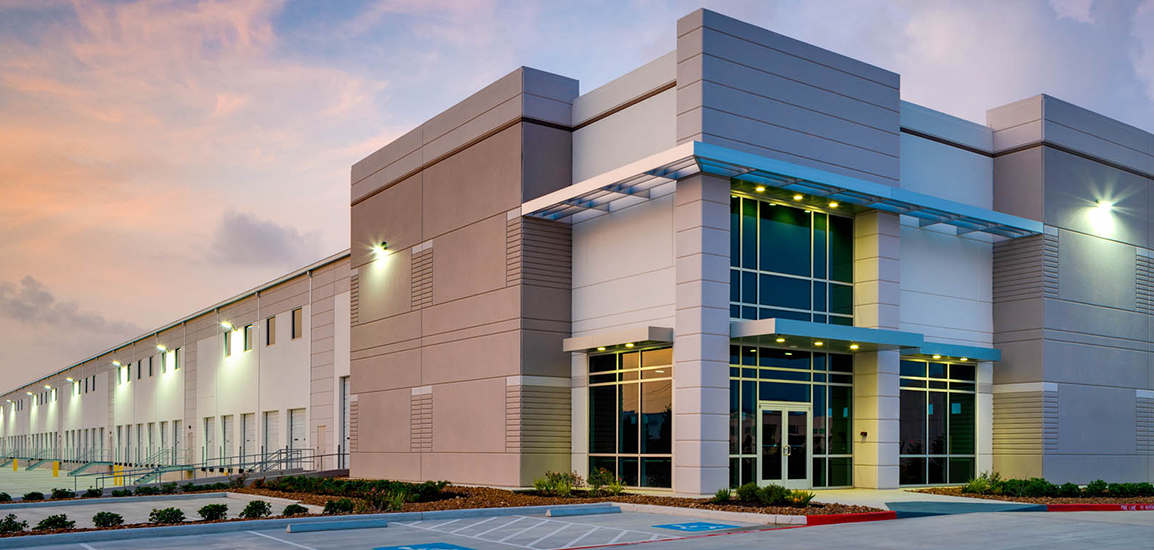

SBA 7(a) loans are the flagship loan program of the Small Business Administration. These loans are not directly issued by the SBA, but instead are provided by participating lenders (primarily banks and credit unions) with a government guarantee of up to 85% of the loan amount.
This guarantee reduces risk for lenders, allowing them to offer more favorable terms to small businesses that might not qualify for conventional loans. As a result, SBA 7(a) loans typically feature:
The SBA has specific eligibility requirements for businesses seeking 7(a) loans. To qualify, your business must:
The SBA 7(a) program includes several specialized loan types designed to meet different business needs:
| Loan Type | Max Amount | Key Features | Best For |
|---|---|---|---|
| Standard 7(a) | $5 million | Comprehensive loan program with broad eligibility | Most small businesses with varied financing needs |
| 7(a) Small Loan | $350,000 | Simplified application process | Businesses needing smaller amounts with faster processing |
| SBA Express | $500,000 | 36-hour SBA response time | Businesses needing faster approval decisions |
| Export Express | $500,000 | Expedited processing for export activities | Businesses entering or expanding in export markets |
| Export Working Capital | $5 million | Financing for export transactions | Exporters needing transaction-based financing |
| International Trade | $5 million | Long-term financing for international expansion | Businesses competing internationally or expanding export markets |
SBA 7(a) loans offer competitive interest rates that are regulated by the SBA. Rates can be fixed or variable and are based on the prime rate plus a spread determined by the lender, but capped by the SBA.
The SBA 7(a) loan application process is comprehensive and requires thorough documentation of your business finances and plans.
Gather necessary documentation including business financial statements, tax returns, business plans, and personal financial information. Work with Khojie to determine which SBA program best fits your needs.
Complete and submit the SBA loan application forms along with your financial documentation to the selected lender. The lender reviews your application for completeness and initial eligibility.
The lender evaluates your creditworthiness, business performance, and repayment ability. This includes credit checks, financial analysis, and possibly industry and market assessment.
For loans requiring standard processing, the lender forwards the application to the SBA for review and approval of the guarantee. SBA Express loans may skip this step or have an expedited review.
Once approved, loan documents are prepared, and closing is scheduled. You'll review and sign the loan agreement, which details the loan terms, repayment schedule, and any collateral requirements.
After closing, funds are typically disbursed within a few days, depending on the lender's processes and any conditions that need to be met before funding.
The entire process typically takes 60-90 days from application to funding for standard 7(a) loans. SBA Express loans can be processed in as little as 30-45 days.
While the SBA doesn't set a specific minimum credit score, most lenders require a personal FICO score of at least 650. Some lenders may consider scores as low as 620 with strong compensating factors like substantial business revenue or valuable collateral.
The SBA typically requires a down payment of at least 10% for most 7(a) loans. This is significantly lower than the 20-30% down payment often required for conventional business loans. For business acquisitions, the down payment might be higher, around 10-25% depending on the specifics of the deal.
Yes, startups can qualify for SBA 7(a) loans, though it can be more challenging. Startup applications typically require a more robust business plan, larger down payment (often 25-30%), and strong industry experience. The lender will focus more on projections and your personal financial history since there's no business track record to evaluate.
SBA 7(a) loans include several fees:
Some fees can be financed as part of the loan.
SBA 7(a) loans require extensive documentation, including:
Khojie can help you navigate the SBA 7(a) loan process, from application preparation to finding the right lender for your business needs. Our expertise ensures you get the most favorable terms possible.